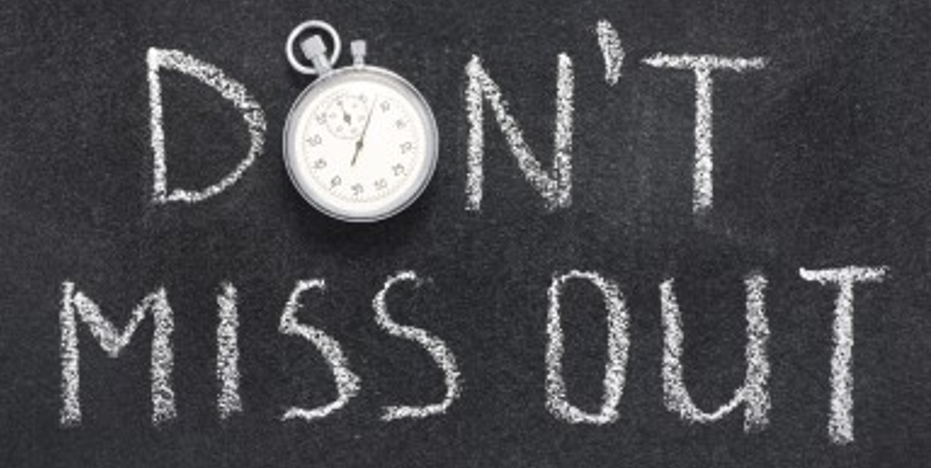There is a common reaction in times of high volatility within the market you're invested in, which is to withdraw or sell out of the market due to panic in order to avoid further losses. But this can actually have a negative impact on your investment in the long term.
Historically, in times of high volatility not long after a sudden drop, markets will always recover markets will always recover and even increase further in the times following.. This means that if you were to withdraw your investment due to a sudden drop, you could miss out on the following rise in the market and miss out on potential long term growth.
An example of this can be seen in the graph below.
Here we can see the damage that could be inflicted on an investor if they were to miss out on the best 25 days in the market, versus consistently being invested and not withdrawing. If you somehow managed to miss out on all 25 of the best days between 1970 to 2016, your returns would have gone from 1,910% to 371%, or 6.7% a year to 3.4%.
Obviously, this is somewhat unrealistic but still goes to show that you could very easily miss out on long term gains due to panic. We can take this to a more realistic level through the diagram given below.
Here we can see the returns you would have received after investing $10,000 into the S&P 500 on January 1st of 1980. If you were to hold your investment in the market all the way to March 31st of 2020, your investment would have been worth $697,421. But as you can see, missing out on the best 5 days, your investment would only be worth $432,411. Which is $265,010 lower than what your returns would have been if you were to sit tight and stay in the market and it only gets worse from there.
Once again, the chance of you missing out on the best 5 days of that 40 year period is unlikely, but imagine the difference just one of the best days could make in the long term for your investment. It is not worth the risk.
This can then be related to KiwiSaver in the sense that if you were to see your KiwiSaver fund go through a bump in the market. You may panic and wonder to yourself “am I invested in the right KiwiSaver Scheme?” or “does the fund I'm invested in match my volatility tolerance?.” To find the answer to these questions and find relief, knowing that the answers given are in your best interest. You should seek advice from a financial advisor like the amazing team here at National Capital.
At the end of the day, your KiwiSaver is a long term investment. One bad day in the market won’t be the make or break between the type of retirement you will end up having. Over the long period of time of your KiwiSaver investment, the market will recover and continue to thrive in an upward direction as though nothing happened. This is why you shouldn’t risk withdrawing your investment due to a bad day in the market.
Example
Michael is a man in his forties who has been invested in a balanced growth KiwiSaver fund since its foundation in 2007. At first, he never really looked at his KiwiSaver balance as he believed there wasn’t much point, as he will be using the returns on his investment much later on in his life. But as time went on, he found himself checking his balance more often due to entering a volatile time in the market that he was invested in. The market suddenly dropped and Michael started to worry about his future and his retirement. Without consulting a financial advisor like the professionals at National Capital, he withdrew his investment in hopes that he wouldn't lose anymore. Due to Michael’s exit from the market, he missed out on two of the 10 best days that the market has seen in the last 10 years when the market recovered and carried on with its original trajectory upwards. When he finally decides to go into retirement, his returns will be thousands of dollars lower than what he could have originally had. All because he panicked and didn’t seek financial advice from a professional.
To sum up, considering everything that I’ve discussed, it is totally normal to be worried about your KiwiSaver investment when entering a high volatility period in the market. Seeing as this investment is going to fund your retirement. But, it is a long term investment that should be tampered with but instead added to. The best thing you can do is to hold your position in the market because withdrawing from KiwiSaver could have negative impacts on the future of your investment.
If there is any information you would like to know in terms of your KiwiSaver, or if you have any questions regarding your KiwiSaver. We suggest that you complete our KiwiSaver Healthcheck. To not only understand if the KiwiSaver Scheme or Fund type you are invested in is right for you. But to also have the chance to get advice from some of the country's best financial advisors who specialise in all things KiwiSaver.
Want to get in contact?
Send us a question on our website. Or feel free to use any of the contact information below.
contact@nationalcapital.co.nz
National Capital Limited
Suite 4, Shed 24
Princes Wharf
Auckland 1010
p: +64 21 0499 703



